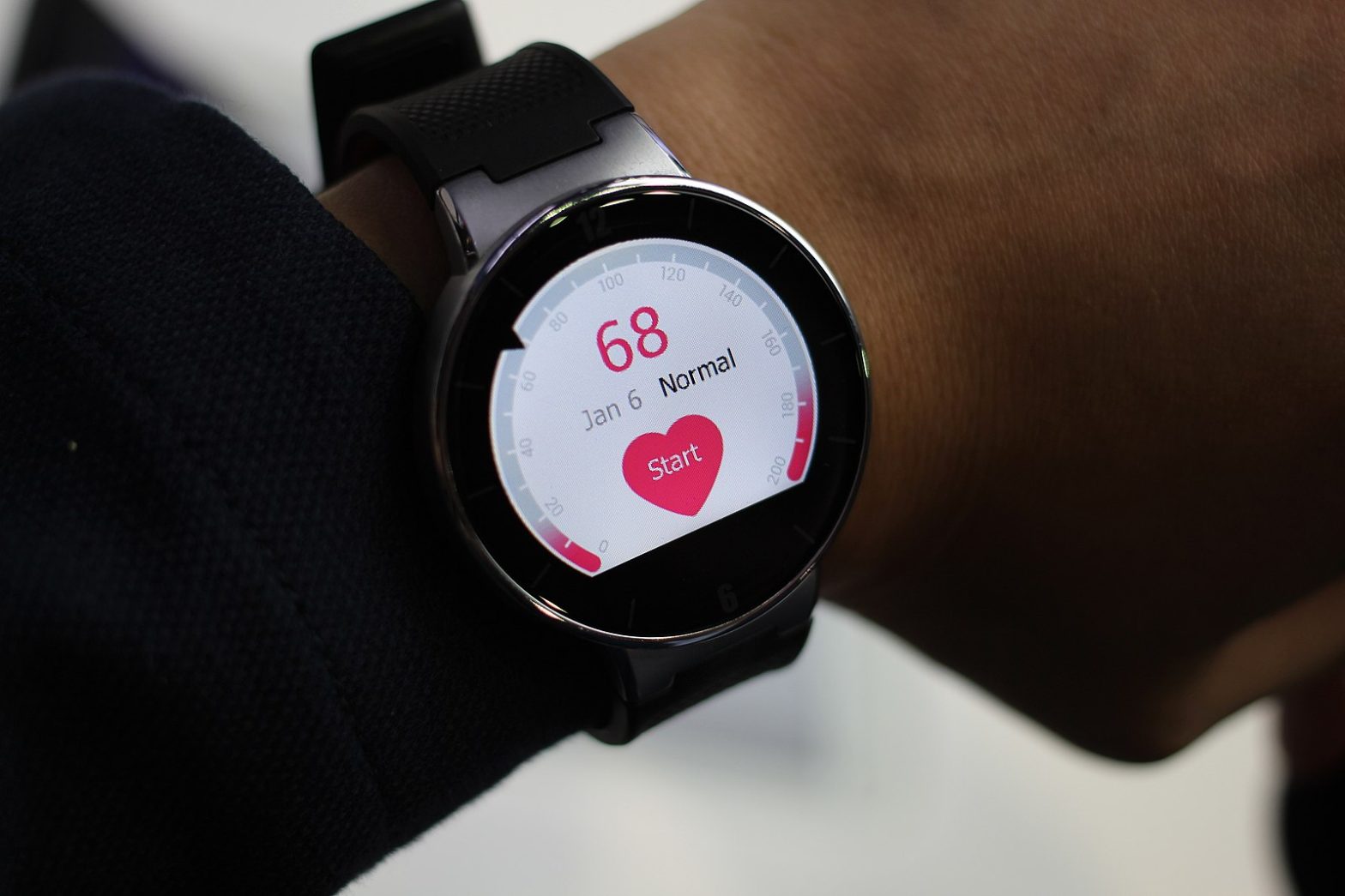Can Smartwatches Contribute to Health Anxiety in Patients With Heart Conditions?

Smartwatches, or other wrist-worn devices, can help monitor for health conditions such as an irregular heart rhythm, but a study funded by the National Institutes of Health finds that wearable devices may also cause negative effects to patients’ psychological health.
“Our case study does not suggest that wearables intrinsically lead to anxiety, but that in particular situations like with atrial fibrillation, it’s something we need to think about,” said Rachel Lampert, professor of Medicine in Cardiology and Electrophysiology at Yale School of Medicine.
Atrial fibrillation affects an estimated 12.1 million people in the United States and was the underlying cause in nearly 26,000 deaths in 2018.
The condition can be brief or permanent and occurs when the normal beating in the upper chambers of the heart becomes irregular, and blood doesn’t flow as well as it should to the lower chambers of the heart.
To develop the case study, researchers reviewed the records of a 70-year-old woman with an atrial fibrillation heart condition who experienced anxiety from wearing a smartwatch after taking 916 electrocardiography recordings in one year, a method used to record electrical signals from the heart to monitor for heart conditions.
The patient developed an enduring belief that smartwatch notifications were a sign of worsening cardiac function, leading to a vicious cycle of excessive worry, preoccupation with cardiac stimuli and sensations, and compensatory behaviors.
Despite repeated medical assessment and reassurance, the pattern resulted in 12 ambulatory clinic and emergency department visits and numerous telephone calls to health care providers, none of which led to any alterations in medical treatment.
“We observed a substantial increase in unnecessary outpatient visits and ED presentations in our patient,” said Lindsey Rosman, assistant professor of Medicine in the Division of Cardiology at the University of North Carolina School of Medicine.
Rosman conducted a medical record review and a psychiatric interview with the patient who also completed a number of self-report assessments.
Rosman found that the constant worry of the patient and frequent health care visits had a profoundly negative impact on the patient’s mental health, relationships, and quality of life, and the patient received six sessions of cognitive behavioral therapy aimed at targeting the anxiety.
“We want to understand who is vulnerable to this, and how factors like age or underlying anxiety might make people more vulnerable to this and thinking about ways to combat that phenomenon would be the next step,” said Lampert.
The study showed that technologies like smartwatches and other wrist-worn devices may heighten awareness and attention to normal and abnormal fluctuations in heart rates, which may lead to substantial increases in anxiety in patients and prompt unnecessary medical care.
Rosman and Lampert will be working to conduct a larger study to determine the prevalence and clinical outcomes of health anxiety associated with wearable devices in patients with underlying atrial fibrillation.
“All stakeholders, technology companies, behavioral scientists, health care practitioners, researchers, patients and caregivers, need to work together to understand the ways in which diverse segments of society interact with this technology. Unintended consequences are inevitable, but we should do our best to understand these issues and guard against them,” said Rosman.
























